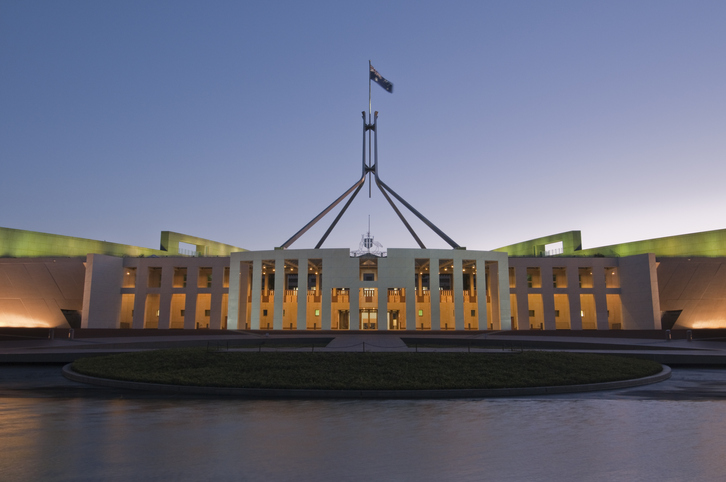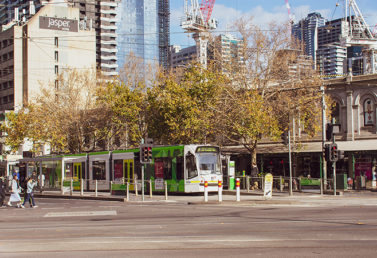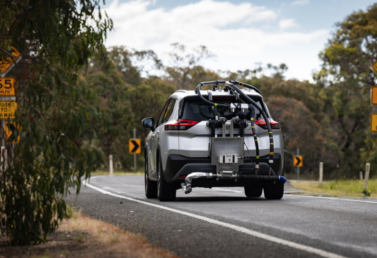Australia’s peak motoring body says the 2023-24 Federal Budget will cut road safety programs and give motorists a poorer return on the $65.92 billion they will pay in fuel excise over the next four years.

Australia’s peak motoring body says the 2023-24 Federal Budget will cut road safety programs and give motorists a poorer return on the $65.92 billion they will pay in fuel excise over the next four years.
The Budget shows total land transport investment of $55.91 billion over the coming four years will be a $681 million increase from the previous Budget’s four-year allocation. But only 85% of the fuel excise to be collected over the forward estimates will be allocated to land transport investments, whereas the previous Budget forecast investing 92% of fuel excise.
AAA Managing Director Michael Bradley said: “We’re disappointed that funding from the Road Safety Program – which targets reducing deaths and serious injuries on Australian roads – has been redirected to other areas.
“Australia’s road toll is rising and motoring affordability is falling – now is not the time to short-change motorists and cut road safety investment.
“Australian motorists will next year bring $15.68 billion in fuel excise to the table. They rightly expect every cent of these tax dollars to be spent on projects and programs that make transport safe, affordable, and free of congestion.”
The AAA welcomes Budget announcements, including:
However, the Budget does not address the structural reforms needed to make our motoring taxation and infrastructure spending more equitable, transparent, and sustainable.
The AAA welcomed the recently announced review of Australia’s $120 billion Infrastructure Investment Program, but broader structural reform is urgently needed to increase accountability and to clarify Commonwealth and state funding responsibilities.
Multiple government reviews and independent analyses have found that fuel excise is neither fair nor sustainable for long-term road funding. As use of electric and low-emission vehicles grows, the Government must modernise transport taxation to ensure all motorists pay their share for road construction and maintenance.
The AAA also supports medical and transport groups in calling for the Commonwealth to hold state and territory governments accountable for the steps needed to achieve agreed road safety targets through publication of road safety data.
“The Albanese Government has promised greater integrity in road funding,” Mr Bradley said.
“The AAA welcomes the Government’s commitment to end infrastructure rorts, as well as funding to enhance road safety data collection. But the real test is whether the data will be made public so Australians can understand how and why the Government chooses to invest their hard-earned dollars.
“Money is scarce, and motorists expect evidence-based decisions and data that show investments are designed to save lives, not shore-up seats,” Mr Bradley said.
AAA Media contact:
Matthew Franklin, Director – External Affairs, 0411 659 868 [email protected]
The AAA is the nation’s peak motoring body, representing Australia’s state-based motoring clubs and their 8.9 million members. The AAA is an apolitical and technology-neutral advocate for federal transport policy that improves safety, affordability, and mobility.

The latest AAA Transport Affordability Index reveals transport cost rises exceeded the consumer price index not only in the September 2023 quarter but also over the 12 months to the end of September.
read more
Initial results of Australia’s first program to test vehicle real-world performance show the cars tested use up to 13% more fuel on the road than they did in lab tests reported by manufacturers.
read more
The quarterly update of the AAA’s EV Index shows the Australian new vehicle market continuing to change.
read more